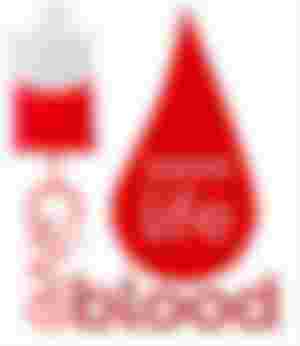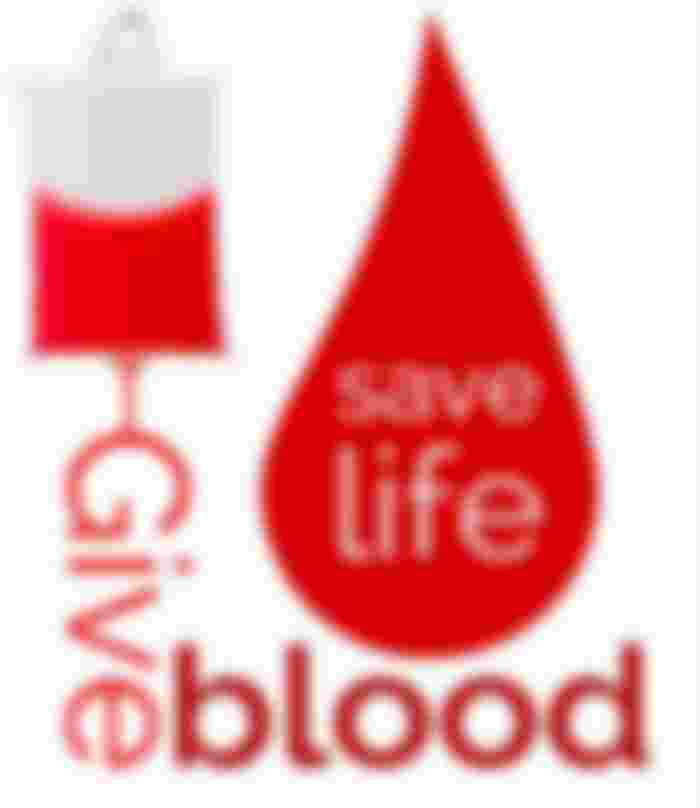Voluntarily donating one's own blood to someone else's needs is blood donation. However, the blood donor must be an adult, i.e. 18 years old. Every three months, every healthy and adult man and woman can donate blood safely and securely. It does not have any harmful effect on health. However, many are hesitant to donate blood due to ignorance and undue fear of the method of blood donation and its aftermath. But how many of us know the benefits of blood donation?
Benefits:
Blood donation is not a problem. Because a healthy person has five-six liters of blood in his body. Of these, usually 250 to 400 ml of blood is donated, which is only one tenth of the total blood in the body. The main component of blood is water, which is filled within 24 hours.
Blood donation is beneficial for health. With blood donation, the body's 'bone marrow' is stimulated to create new cells. Within two weeks new blood cells are born, the deficiency is filled.
Blood donation three times a year increases the vitality of red blood cells in the body and increases the rate of formation of new cells.
Heart and liver of regular blood donors are good.
Five tests are done completely free of cost through voluntary blood donation. This is to know if there is any other major disease in the body. Such as Hepatitis-B, Hepatitis-C, Malaria, Syphilis, HIV (AIDS) etc.
Blood donation also helps prevent cancer in many cases.
Helps reduce the presence of cholesterol in the blood.
Hemochromatosis is the presence of excess iron in the body. Regular blood donation prevents this disease.
Blood donation is helpful to reduce the weight of obese people.
Giving blood to the dying gives mental satisfaction.

Blood donation conditions :
Blood donors must be healthy and
Anyone between the ages of 18 and 60 weighing 45 kg can donate blood.
Donor blood screening test to check if the blood is safe.
It is better to give blood four hours after a full meal.
It is better not to drink any form of energy drink before donating blood.
People with diabetes and high blood pressure can donate blood on the advice of a doctor.

Those whose blood donation is prohibited :
Any patient infected with cancer, hemophilia, malaria.
HIV or AIDS patients.
Drug users.
Those who are hepatitis-B and C antigen positive. The next time it is negative, blood can not be given.
Pregnant women.
Those who have excessive shortness of breath.
Those who suffer from recurrent diarrhea.
People who have donated blood in the last three months.
Swollen glands (lymph nodes) in any part of the body. Especially the neck, throat, glands under the hands.
If you like my articles then don't forget to subscribe, like and comment me. Because one of your valuable comments encourages me to write more and more. So subscribe to me.
My heartiest thanks to read my articles.


I want to donate blood but I'm still underage... But why do we hate donating blood with head lice?